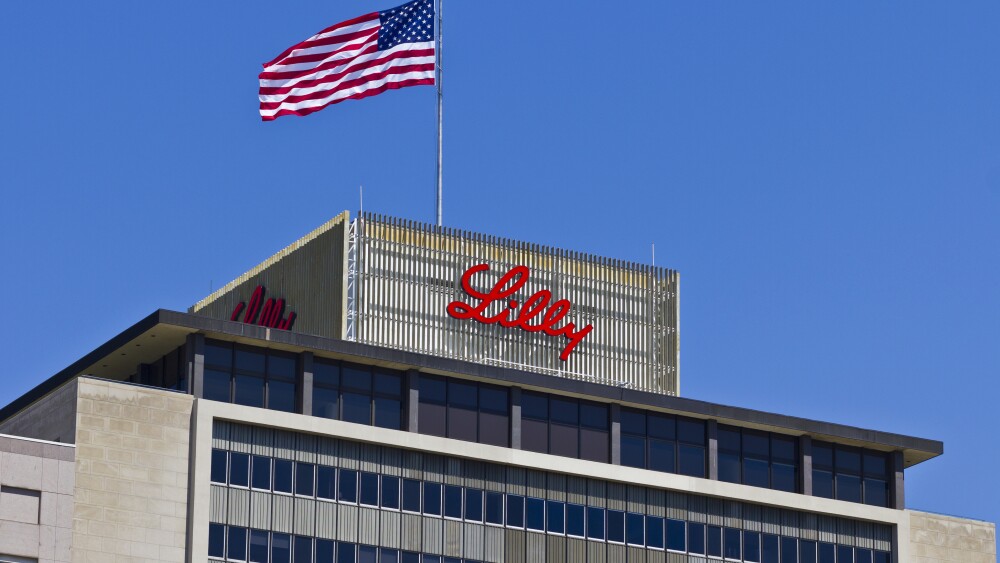Lead investigator of the trial, Dr Elinor Ben-Menachem, from Sahlgren University Hospital, Sweden, said, 'This trial presents us with the first data from a well-controlled study showing that levetiracetam is effective as monotherapy in patients with partial onset or generalized tonic-clonic seizures. KeppraÒ is the first of the newer anti-epileptic drugs to demonstrate non-inferior efficacy to carbamazepine and to show a significantly more favourable tolerability profile in a head-to-head study that used a rigorous non-inferiority design and optimal use of the comparator.'
In the study, newly or recently diagnosed epilepsy patients were randomised to levetiracetam 1000 mg/day or carbamazepine CR 400 mg/day. This dose was maintained for a six month evaluation period or until the next seizure. When a seizure occurred doses were increased to levetiracetam 2000 mg/day and carbamazepine CR 800 mg/day or levetiracetam 3000 mg/day and carbamazepine CR 1200 mg/day. Once six-month seizure freedom was achieved, patients entered a six-month maintenance period.
Of the 472 patients who adhered to the treatment protocol, 73.0% of levetiracetam and 72.8% of carbamazepine CR patients were seizure free for six months. Amongst the patients who completed the maintenance phase of the study, 56.6% of those in the levetiracetam group and 58.5% in the carbamazepine CR group were seizure free for 12 months. Fewer patients on levetiracetam needed to stop treatment or change their dose because of an adverse event than those taking carbamazepine CR (16.1% versus 23.0%; p=0.046).
About Keppra®
In Europe, Keppra® (levetiracetam) is indicated as adjunctive therapy in the treatment of partial onset seizures with or without secondary generalisation in adults and children from 4 years of age with epilepsy1. In the U.S. Keppra® is indicated as adjunctive therapy in the treatment of partial onset seizures in adults and children 4 years of age and older with epilepsy2. Keppra® is associated with the occurrence of central nervous system adverse events including somnolence and fatigue and behavioral abnormalities, as well as hematological abnormalities. In adults Keppra® is also associated with co-ordination difficulties. In adults the most common adverse events associated with Keppra® in combination with other AEDs were somnolence, asthenia, infection and dizziness. In pediatric patients 4-16 years of age, the most common adverse events associated with Keppra® in combination with other AEDs were somnolence, accidental injury, hostility, nervousness and asthenia. Please consult local prescribing information. For the U.S., prescribing information is available at www.keppra.com
About UCB UCB (www.ucb-group.com) is a leading global biopharmaceutical company dedicated to the research, development and commercialisation of innovative pharmaceutical and biotechnology products in the fields of central nervous system disorders, allergy/respiratory diseases, immune and inflammatory disorders and oncology - UCB focuses on securing a leading position in severe disease categories. Employing over 8,500 people in over 40 countries, UCB achieved revenue of 2.3 billion euro in 2005. UCB is listed on the Euronext Brussels Exchange with a market capitalisation of approximately 6.0 billion euro. Worldwide headquarters are located in Brussels, Belgium.
References
Ben-Menachem E, Brodie MJ, Perucca E on behalf of the N01061 Study Group. Efficacy of levetiracetam monotherapy; randomized double-blind head-to-head comparison with carbamazepine-CR in newly diagnosed epilepsy patients with partial onset or generalised tonic-clonic seizures. Presented at the American Academy of Neurology, April 2006 SmPC (http://www.emea.eu.int/humandocs/Humans/EPAR/Keppra/Keppra/htm) U.S. Full Prescribing Information (Can be found on www.Keppra.com)




